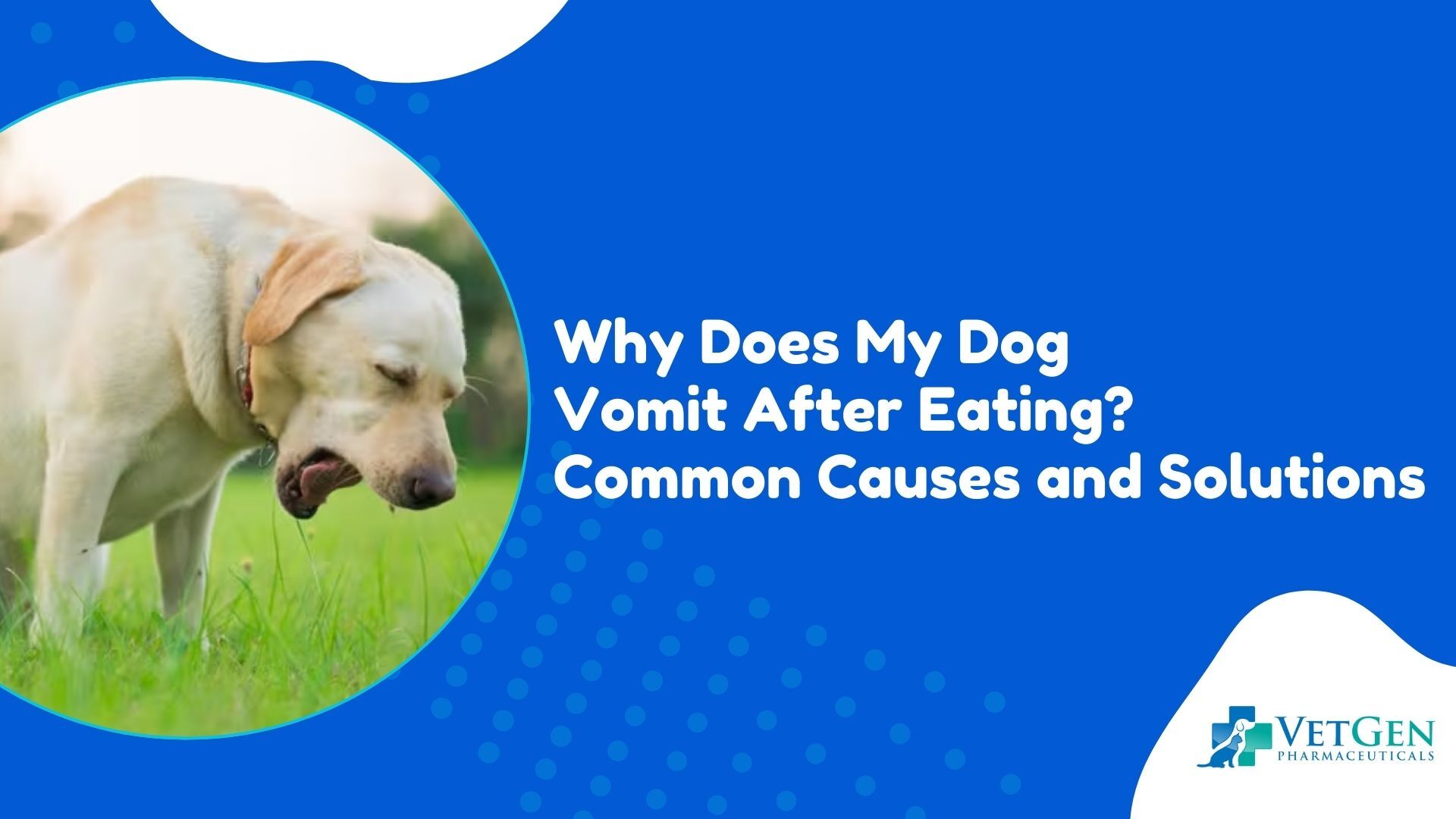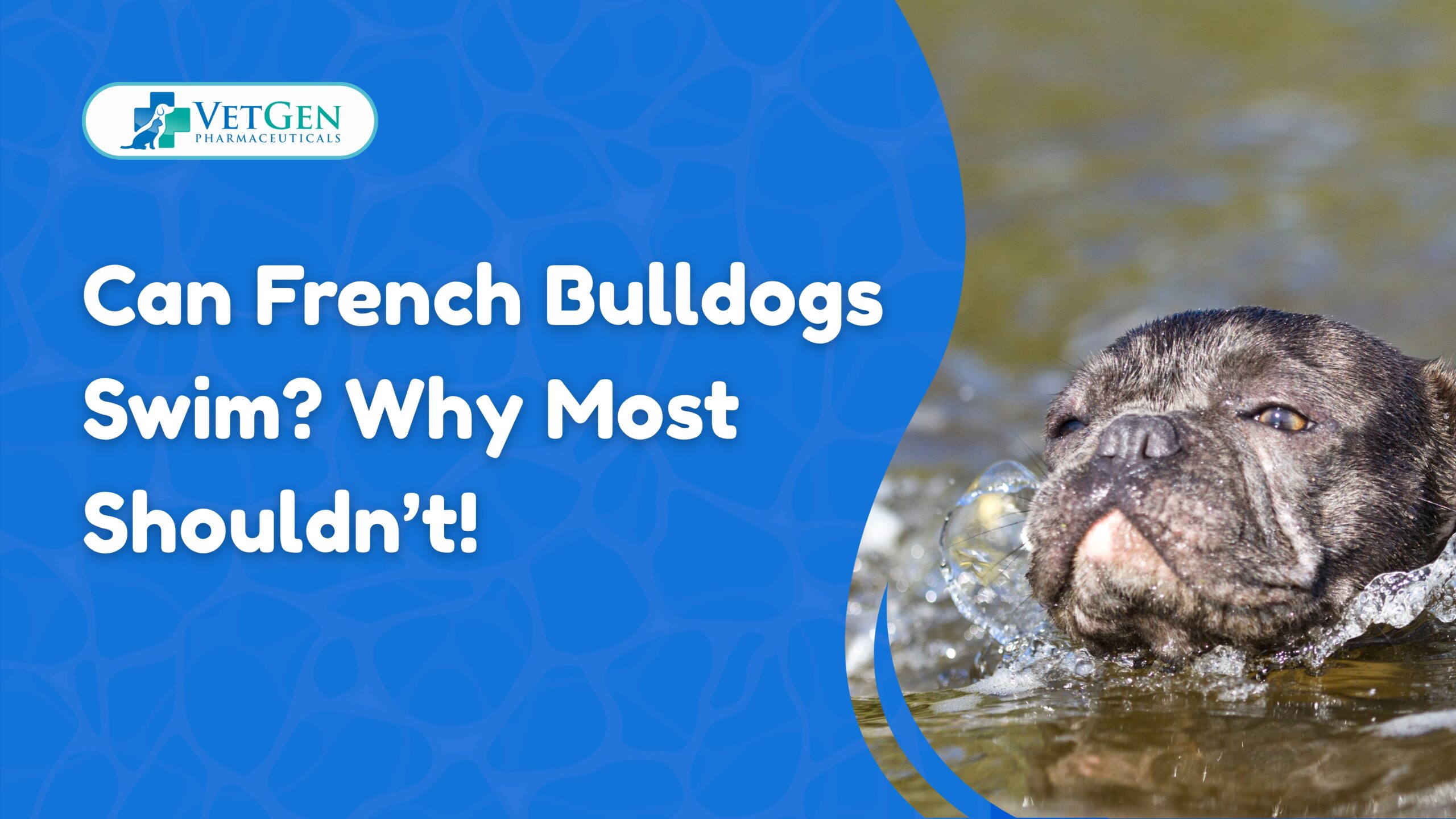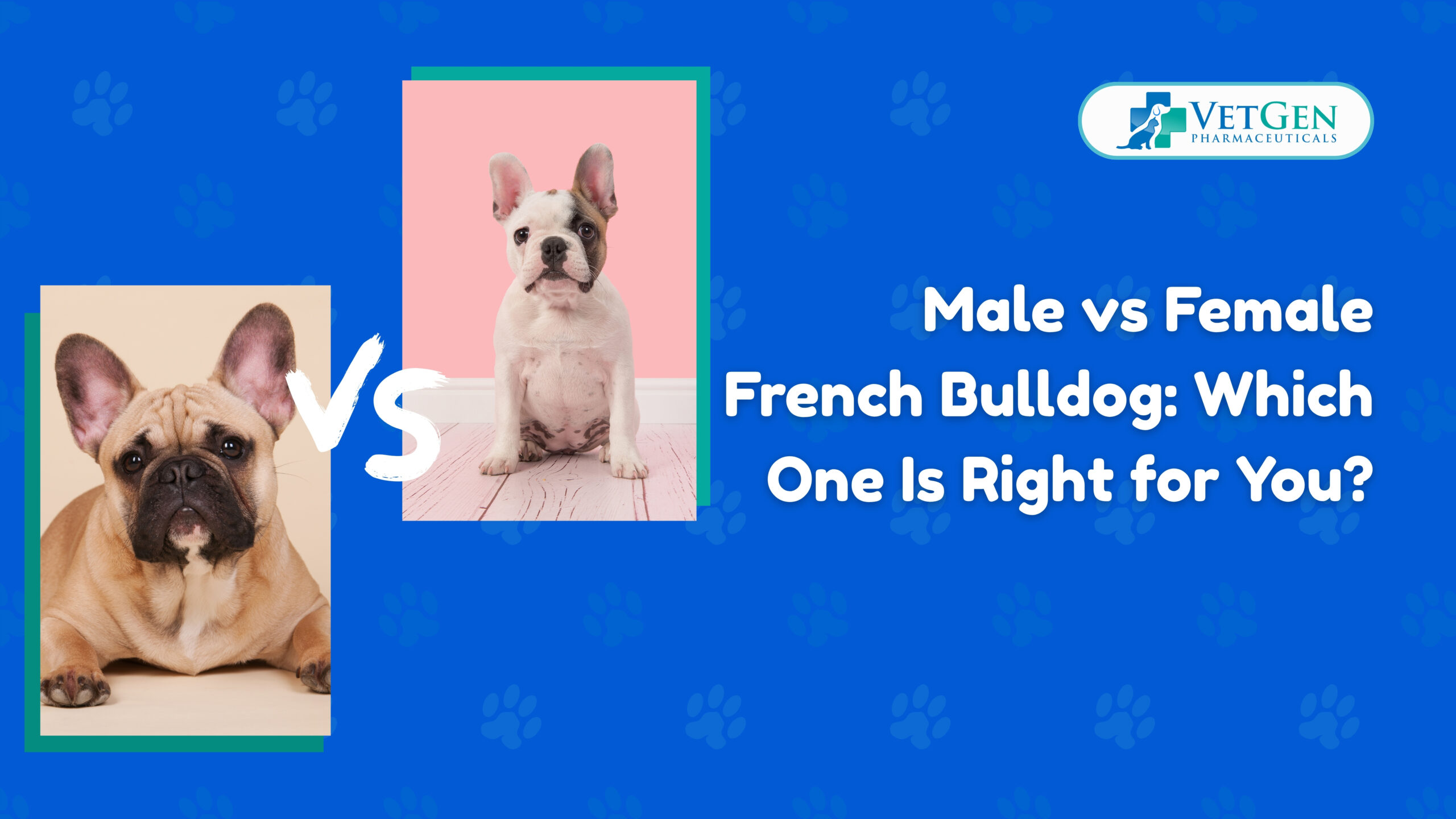Why does my dog vomit after eating? Is this problem causing an alarm as a pet owner. It does raise the stakes when it happens right after eating. While it may just be a one-time incident, repeated vomiting after meals indicates an underlying problem. This blog gives the reasons behind why your dog vomits after eating and practical solutions to help it feel better.
Common Causes of Vomiting After Eating
1. Eating Too Fast
Another reason my dog vomits after eating is he eats too fast. Dogs gobble in so fast that they are likely to swallow air in their food, which can make them uncomfortable and awful inside the gut, thus causing vomiting. Sometimes, if they are not chewing their food or gulping it too fast, the stomach cannot digest it easily, which more than often results in vomit.
Solution:
Place a limit on fast eaters. Try using a slow feeder bowl or place a big thing in the dish, forcing the dog to find alternatives to go around it. Smaller meals can often be fed more frequently.
2. Food Allergies or Intolerances
The most common food allergens include chicken, beef, dairy products, and grains. Intolerances may also develop; such foods irritate the digestive system and cause vomiting.
Solution:
Consult your veterinarian about the use of a hypoallergenic diet or limited-redient dog food to identify your pup’s allergen. Dietary changes need to be done gradually to avoid further digestive problems.
3. Dietary Indiscretion
Maybe there’s another reason my dog vomits after eating: dietary indiscretion. A dog is a scavenger and eats everything, even spoiled food, non-food items, or garbage; hence, an upset stomach leads to vomiting after meals
Solution:
Eliminate harmful substances and garbage from your dog’s environment. Always accompany your pet during exercise or play time to prevent the ingestion of unwanted items by your pet.
4. Exercise Immediately After Meals
Some dogs tend to vomit after eating because they tend to run or play immediately after eating. Running or playing immediately after meals may shake the stomach and bring up food content.
Solution:
Withhold food for some time and let it lie down for at least 30 minutes to an hour before playing with it.
This way, food will have a chance to stay inside for a longer period. Create a quiet environment at the times of meals so that he cannot get excited or bothered about something that might make him vomit.
5. Gastritis
Gastritis is inflammation of the stomach lining, which is another very common reason for vomiting in dogs after eating. It is usually due to the consumption of spoiled food, foreign bodies, or toxic substances. Sometimes, long-term use of certain drugs causes this condition.
Solution:
Often, a dog diagnosed with gastritis is put on a bland diet and administered much hydration. Your vet may prescribe medications designed to reduce inflammation and protect the lining of the stomach.
6. Infections or Parasites
Bacterial or viral infections, among other parasites, can disrupt your dog’s digestive system and cause vomiting after eating. If your dog is also suffering from diarrhea, weight loss, or lethargy, he should be examined for infections or parasites.
Solution:
When you take your dog to the vet, he might possibly carry out a stool sample test or blood work. Once an infection or parasite is detected by your vet, antibiotics, antiparasitic treatments, or some form of medication will help treat your dog.
Possible Medical Interventions for Dog's Vomiting
If I feed my dog and he vomits, the treatment will depend on what is causing it. Here are some of the usual veterinary on vomiting in dogs treatments:
- Dietary modification: Ever treats hypoallergenic reactions or intolerances may be prescribed by your veterinarian.
- Drugs: Your veterinarian will tell you to take anti-inflammatory drugs, antibiotics, or anti-vomiting medications if there’s a case of gastritis or infection.
- Operation: If any foreign material is stuck in the digestive tract, it should be removed surgically.
Conclusion
Vomiting after eating is not uncommon in dogs, but there is some specific cause behind it. It might be as mild as slowing down at mealtime, or it might be about handling a medical condition. Be it a simple case or a complicated one, whether it may or may not be treated, understanding what is causing your dog to vomit after eating can put things to rest for the proper health and well-being of your dog.
Frequently Asked Questions
What is the cause of my dog’s vomit after he binge ate?
Gulping or eating his food fast would lead your dog to swallow air, which is disgusting in their stomachs, and therefore, they vomit. The slow feeder enables your pet to eat in moderation.
Do I have to do anything if my dog will only vomit once or twice after eating something?
This is not normal, and my dog, especially, should not run and vomit. This may also indicate such a disorder as food intolerance or even gastritis.
Should I worry if my dog throws up after eating?
Except for the most casual of pets, 1-2 ‘episodes’ of throwing one’s breakfast up in conjunction with a meal should neither alarm pet owners nor veterinarians, especially in the presence of other signs and symptoms.
Can my dog get stressed and throw up after eating?
Yes. Stress can result in gastroenteritis, which subsequently leads to the dog regurgitating its food later. Stressful situations while eating can also enhance the chances of the dog’s regurgitation because of stress.
Is there a way for my pet dog to avoid vomiting after he is done with his meal?
Yes, of course, vomiting can be avoided, or at least the chances of it can be reduced by undertaking a number of precautionary measures like
When to Take Your Dog to the Veterinarian?
In most cases, vomiting after a meal does not necessarily mean that something is wrong. A veterinarian needs to be consulted, when there is a constant occurrence of vomiting associated with other symptoms such as diarrhea, lethargy, or unexplained weight loss.






